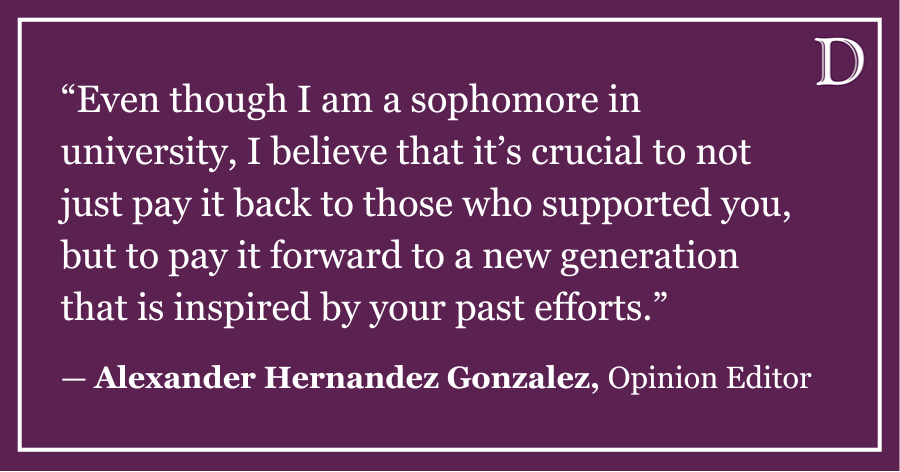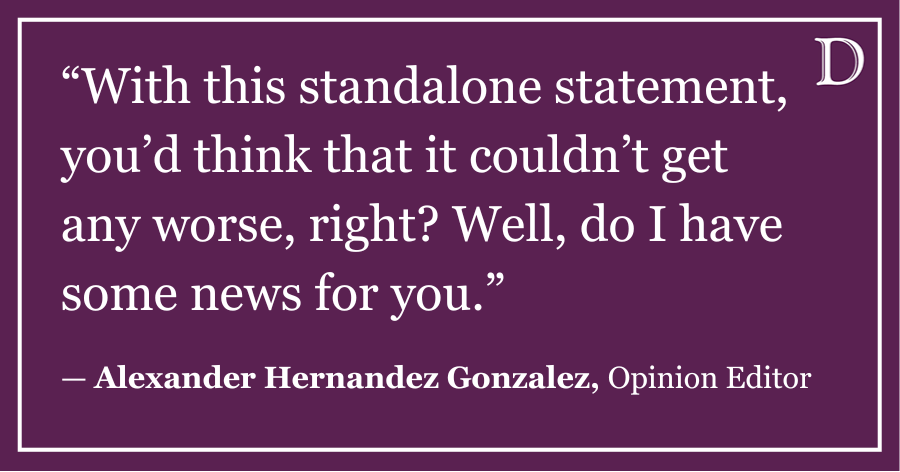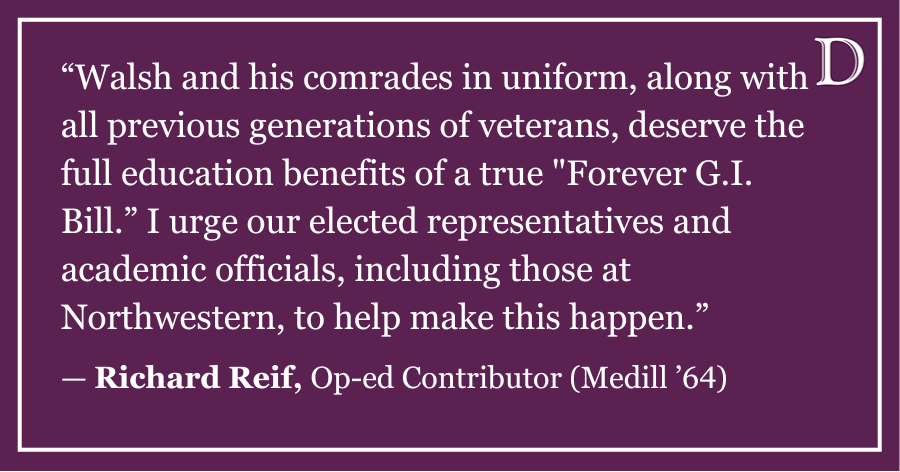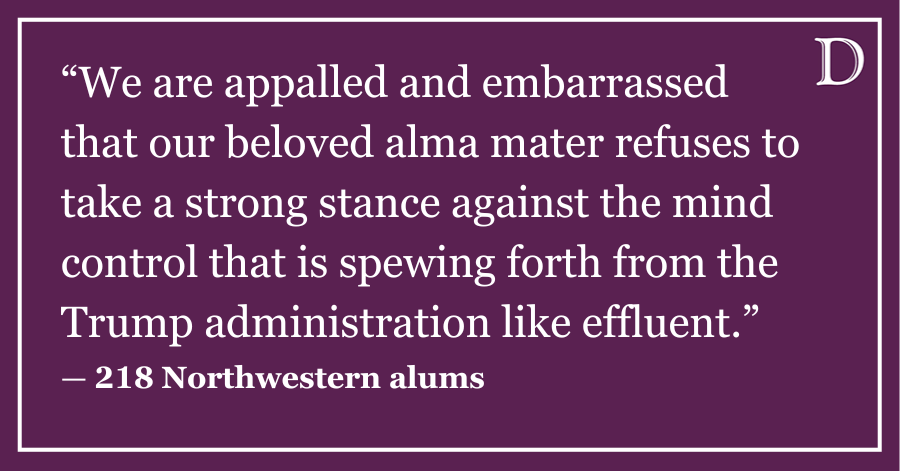Athletes are competitors. We are programmed to strive for excellence. We are asked to give every ounce of strength we possess — every day.
We are pushed to the brink because good is never good enough. We perform at such a high level that our bodies are ticking time bombs. All athletes have their bumps and bruises along the way — a sprained ankle here, an aging shoulder there. There are injuries you push through, and most athletes squeak by relatively unharmed throughout their playing careers. But there are some who don’t.
There are some who fight a quiet, grueling battle that requires more intense and advanced care than an ice pack, rest and some stretching. Some injuries happen under the public eye on a national broadcast, like those of Kevin Ware from the University of Louisville, Derrick Rose or Derek Jeter. Others happen behind the scenes and sometimes go unnoticed or unheard of. Some are freak accidents, and others have accumulated over years.
For me, it was after four surgeries that I found myself in one of the most emotionally draining experiences I’ve ever had to endure, and that’s not including the physical pain. But I’m here to tell you it gets better.
Imagine the one thing you know you can do well and puts a smile on your face, the one thing that wakes you up every morning with unwavering motivation. Do you have it? OK, now it’s gone. One wrong move, one freak play, and it’s gone, but not forever. It’s still there, and it’s sitting right in front of you. You are forced to watch it every day. You sit on the sidelines, and you watch all your able-bodied teammates play the game you love — without you.
But you have to stay engaged. You are a member of your team, regardless of your current role. For the first time in your life, you are forced to put yourself and your health ahead of your team, an idea that is foreign to the greatest of leaders. But, as a leader, you must stay the course in the face of adversity, even when you must walk it alone. For some reason, this is the path that was given to you, and few people travel it, so expecting others to understand would be a waste of energy you can’t afford to give up.
Additionally, there’s a separate battle you must fight alone, without glory: physical therapy. It’s a different kind of challenge, a different kind of pressure. You prepare for months to be able to sink the winning shot, but now you have to start over. You have to retrain your shoulder to lift its own weight or teach your knee to bend again. After surgery, your body forgets movements that took 20 years to perfect. Exercises other athletes could knock out in 30 seconds take you three weeks to master.
Not only do you have to rehab back to daily activities, but you also have to rehab back to the highest level of athletic competition, something that took you at least 10 years to achieve. All the while, you have people in your ear constantly asking when you will be back. There may be a timetable for a physical recovery, but it could take months for you to be emotionally ready to have faith in the body that has failed you, like learning again to trust your best friend after he or share just told your deepest secret with someone else.
Physical therapy is the most humbling experience of which I have ever been a part. It is something many people see others do, but not everyone has experienced. You do not have control over your physical state, and your mind is at its most vulnerable. Positivity is all you have to rely on, and it does not come easy. You are forced to find joy in a different aspect of your life. Your body needs time, but as a competitive athlete you don’t want to give it time. So how do you cope?
You change your game plan. You adjust to the pitch you were thrown. You make chicken salad out of chicken shit. You love the process. You rewire your brain to be thankful for the things you do have. You remind yourself that one day, that opportunity to play again will be yours, and you hope the experience of sitting on the sidelines will be invaluable insight for you.
So when the time comes for you to step on the field again, you are more prepared than you have ever been. Because the hard part is over now. You stayed the course in the face of adversity. Now you get to play.
Emily Allard is a Communication senior and a member of the Northwestern softball team. She can be reached at emilyallard2013@u.northwestern.edu. If you want to respond publicly to this column, send a Letter to the Editor to opinion@dailynorthwestern.com.












